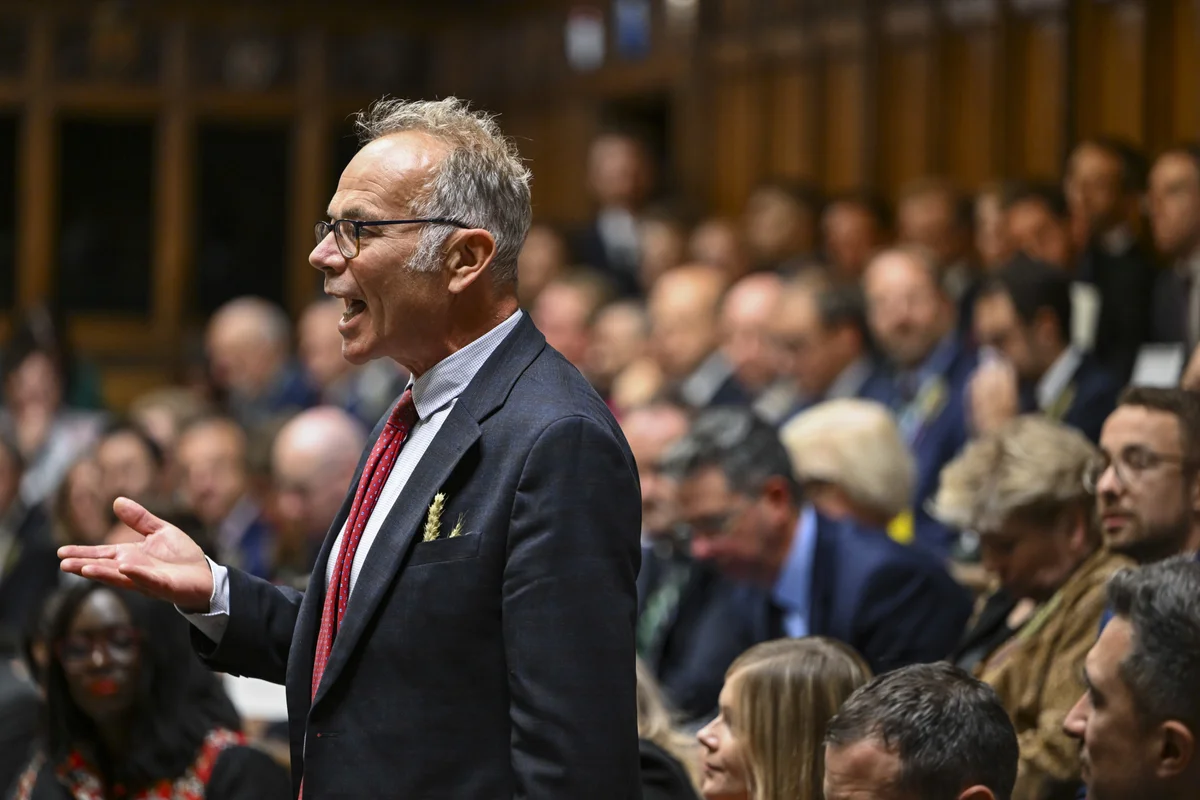Voices: I’m an MP and doctor invited to the West Bank to look at health provisions. Instead, Israel sent us packing
By The Independent
Copyright independent

It was only a couple of days ago that I sat with my friend and Parliamentary colleague, Dr Peter Prinsley MP, at the Sheikh Hussein border crossing between Jordan and Israel.
We had flown out to Amman, the Jordanian capital, the night before, and had just driven an hour or so across the Jordan Valley to a place that turned out to be one of the lowest places on earth – 413m below sea level. The air was stifling and hot, and the atmosphere was becoming increasingly intense.
The Israeli border force was reluctant to let us cross. Ultimately, after several calls with the Foreign Office and others, the guards gave us papers telling us that we were a threat to “public safety, security and order” and therefore deemed unfit to visit their country. In due course, we were escorted to a bus that took us back to the Jordanian side of the border, and we made our way back to Amman. Just over a day later, we were back in the UK.
We had been invited by Caabu, the Council for Arab-British Understanding, on a low-key fact-finding mission. Our trip was to have included discussions with officials in Jerusalem as well as visits to various healthcare settings on the West Bank. The intention was to see the situation from all sides and to draw a fair and balanced view about what was happening on the ground and why, and, depending on what we found, make some proposals about how they might be improved. We also wanted to inform the Foreign Office and understand if there is anything our government could do to support these health services.
We did not imagine this would be an issue. We had a letter from the British embassy inviting us to visit them, and many previous MPs have visited the West Bank. In only June this year, Labour MPs who visited Israel with Labour Friends of Israel were able to visit the occupied West Bank. Senators Chris van Hollen and Jeff Merkley have also very recently visited. Our visit was non-political and based on healthcare services.
Sadly, however, at the same time as the United Nations commission of inquiry found that the Israeli state was undertaking acts of genocide in Gaza, the same state was also deciding that two doctors, both aged over 60, posed such a threat to the “safety, security and order” of the public that they shouldn’t be allowed to enter the country.
As both an MP and a doctor, I have long been concerned with the impact of the war on healthcare, not only in Gaza itself, but also on the West Bank. When I was invited to visit healthcare settings there, I obviously wanted to go and see the situation for myself, to better understand the issues and see what, if anything, could be done to help.
I knew that the situation would be grim. Israel has effectively been fighting a financial war on health in the West Bank. While it collects taxes, mainly from the import and export of goods to the territory, Israel is failing to pass on this money (currently an estimated $1.2bn) to pay the Palestinian Health Authority for the running of health services. This means that Israel is in breach of Articles 55, 56 and 59 of the Geneva Convention, the provisions of which outline the obligations of an occupying power to care for the citizens of an occupied territory.
Practically, this means that staff, hospitals and suppliers are all owed vast sums of money, and the system is close to breaking down completely. In addition to this, Israel has held back relief and support from elsewhere that might have mitigated the situation.
More than this, we also knew that more than 1500 healthcare workers have been killed by the Israeli army in Gaza since 2023, and a further 25 to 30 killed in the West Bank. They are all victims of what appears to be a deliberate policy designed to deny Palestinians medical help.
It’s hard to escape the feeling that the position of the Israeli government appears to be that they want Palestinians to die. They don’t want people to help them – and they definitely don’t want people to know what they are doing.
Dr Simon Opher is the MP for Stroud



